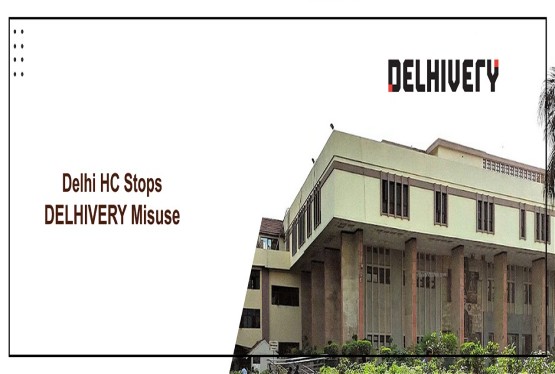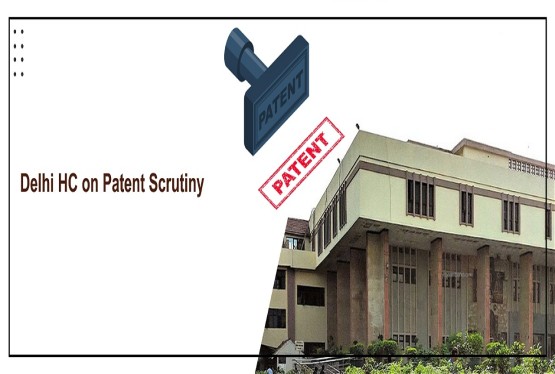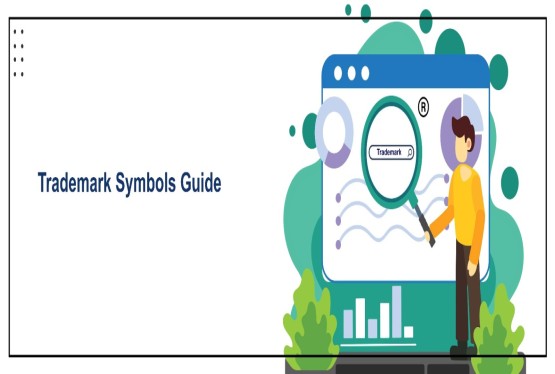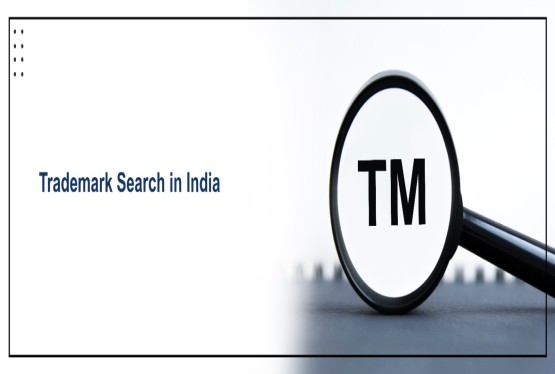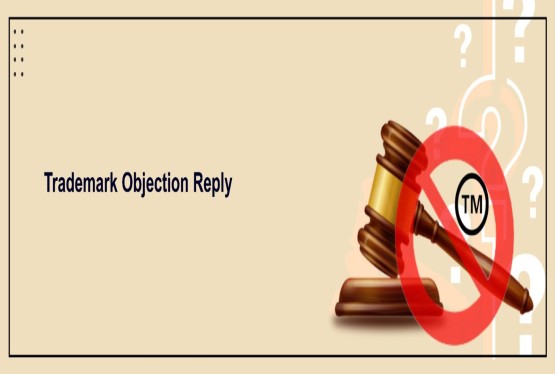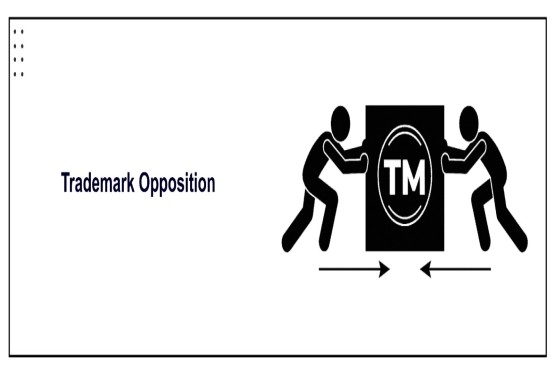The Bombay High Court granted interim relief to Metro Brands Limited in its trademark infringement suit against MetBrands Private Limited. The Court's decision shows the judiciary's commitment to protecting established trademarks from deceptive similarities and reinforces the legal framework governing intellectual property rights in India.
Background
Metro Brands Limited, a renowned Indian footwear retailer established in 1955, operates over 895 stores across 203 cities. The company holds several registered trademarks, including "METRO" and "METRO BRANDS," and has built substantial goodwill over the decades.
MetBrands Private Limited, incorporated in November 2021, initially operated under the name "METRENDS." Shortly after Metro Brands' public listing in December 2021, MetBrands adopted a new brand identity closely resembling Metro's and began selling similar products online, including on platforms like Amazon.
Legal Proceedings
Metro Brands filed a suit seeking an injunction to restrain MetBrands from using marks similar to its registered trademarks. Despite receiving notices for court hearings, MetBrands did not appear before the Court to refute the allegations.
Justice Arif Doctor, presiding over the case, noted that the goods and services sold under the "METBRANDS" mark were prima facie deceptively similar to Metro Brands’ registered marks. The Court emphasized Metro Brands' longstanding reputation and significant market presence in the footwear industry.
Interim Relief Granted
On April 30, 2025, the Bombay High Court granted an ad-interim injunction in favor of Metro Brands Limited, restraining MetBrands from using marks similar to Metro's registered trademarks. The interim order will remain in effect until the next hearing scheduled for June 20, 2025.
Relevant Legal Provisions
-
Section 29(1) of the Trade Marks Act, 1999: This section stipulates that a registered trademark is infringed when an unauthorized party uses a mark identical or deceptively similar to the registered trademark in the course of trade, leading to confusion among the public.
-
Section 29(2)(c) of the Trade Marks Act, 1999: This provision addresses situations where the infringing mark is used in relation to goods or services that are identical or similar to those for which the trademark is registered, resulting in a likelihood of confusion on the part of the public.
-
Section 2(1)(zb) of the Trade Marks Act, 1999: Defines a "trademark" and emphasizes that any mark capable of distinguishing the goods or services of one person from those of others can be registered as a trademark.
Relevant Case Laws
-
H&M Hennes & Mauritz AB & Anr vs. HM Megabrands Pvt. Ltd. & Ors (2018): The Delhi High Court held that the defendants' use of "HM Megabrands" was deceptively similar to the plaintiff's "H&M" mark, emphasizing that even the addition of generic terms like "Megabrands" does not eliminate the likelihood of confusion.
-
Metro Brands Ltd. v. Nice Shoes LLP (2024): In this case, the Bombay High Court recognized "MOCHI" as a well-known trademark and restrained the defendants from using "DESIMOCHI," highlighting that the addition of prefixes like "DESI" does not mitigate the deceptive similarity.
-
Laxmikant V. Patel v. Chetanbhai Shah (2002): The Supreme Court held that honesty and fair play are essential in business, and adopting a name similar to an established brand, even without fraudulent intent, can lead to confusion and is actionable.
Conclusion
This case reinforces the judiciary's role on protecting established trademarks from newer entities attempting to capitalize on their goodwill. It serves as a cautionary tale for businesses to conduct thorough due diligence before adopting brand names and shows the importance of maintaining distinctiveness in the marketplace.






























_(b)_of_the_Trademark_Act,_1999_(1)_crop10_thumb.jpg)



_crop10_thumb.jpg)




























_crop10_thumb.jpg)
_crop10_thumb.jpg)






_crop10_thumb.jpg)








_crop10_thumb.jpg)



_crop10_thumb.jpg)





























_crop10_thumb.jpg)

















_crop10_thumb.jpg)






_crop10_thumb.jpg)












































































































































_crop10_thumb.jpg)




































_crop10_thumb.jpg)












_crop10_thumb.jpg)














































_crop10_thumb.jpg)


































































































